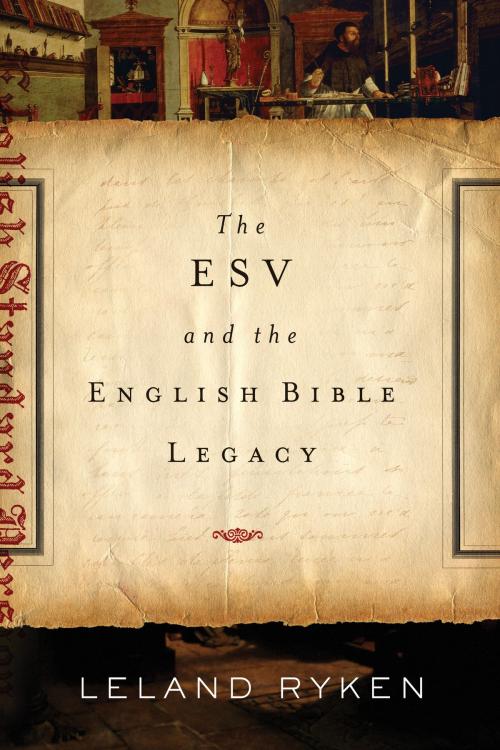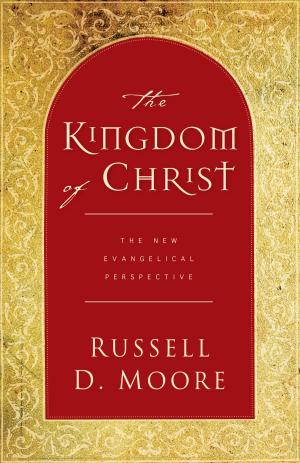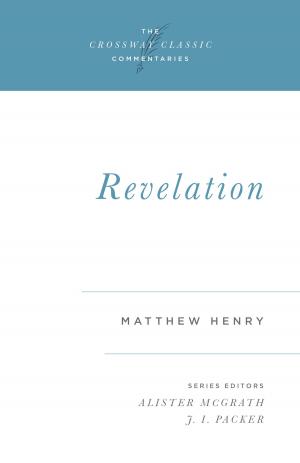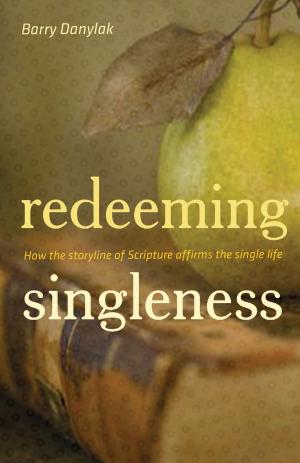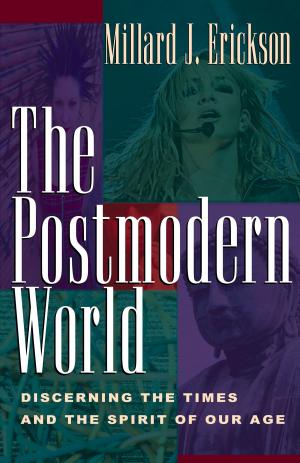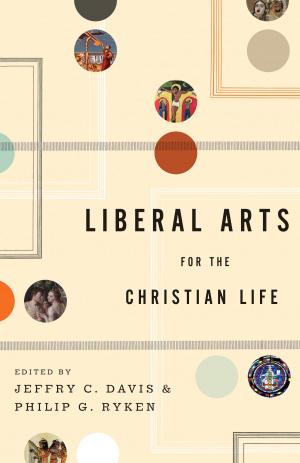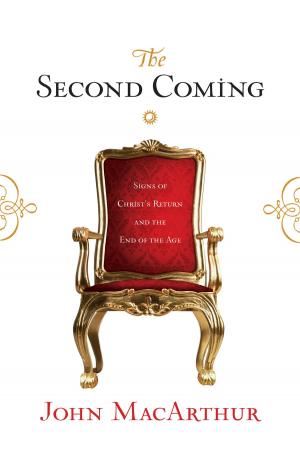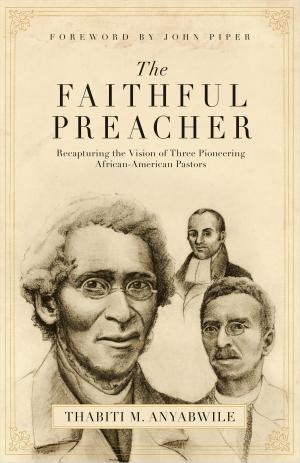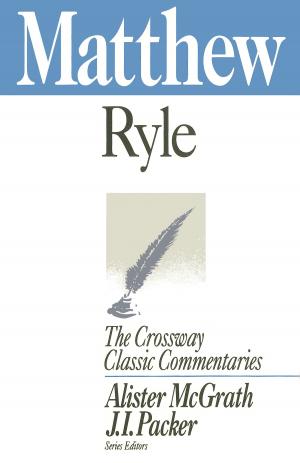| Author: | Leland Ryken | ISBN: | 9781433530692 |
| Publisher: | Crossway | Publication: | November 2, 2011 |
| Imprint: | Crossway | Language: | English |
| Author: | Leland Ryken |
| ISBN: | 9781433530692 |
| Publisher: | Crossway |
| Publication: | November 2, 2011 |
| Imprint: | Crossway |
| Language: | English |
Modern Bible translations are at a crossroads as multiple translation philosophies argue that Bible translations ought to be done a certain way. So who’s right? And what has been the historic view of English Bible translators?
Leland Ryken, an expert on the literature of the Bible, brings clarity to questions of how modern Bible translations should be viewed in their historical context. He begins by tracing the history of English Bible translation from William Tyndale to the King James Bible, outlining important distinctions. In the view of these historic translators, there is a right way and a wrong way to translate the Bible.
Ryken concludes that essentially literal Bible translations best adhere to the legacy of classic English Bible translation. He contends that the English Standard Version is a true heir of this classical stream and concludes with an argument on why the ESV can serve as the translation of choice for Christians in all walks of life. This book will be a great resource for Christians who have questions about why we have different Bible translations and how to choose between them.
Modern Bible translations are at a crossroads as multiple translation philosophies argue that Bible translations ought to be done a certain way. So who’s right? And what has been the historic view of English Bible translators?
Leland Ryken, an expert on the literature of the Bible, brings clarity to questions of how modern Bible translations should be viewed in their historical context. He begins by tracing the history of English Bible translation from William Tyndale to the King James Bible, outlining important distinctions. In the view of these historic translators, there is a right way and a wrong way to translate the Bible.
Ryken concludes that essentially literal Bible translations best adhere to the legacy of classic English Bible translation. He contends that the English Standard Version is a true heir of this classical stream and concludes with an argument on why the ESV can serve as the translation of choice for Christians in all walks of life. This book will be a great resource for Christians who have questions about why we have different Bible translations and how to choose between them.
